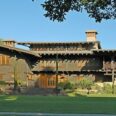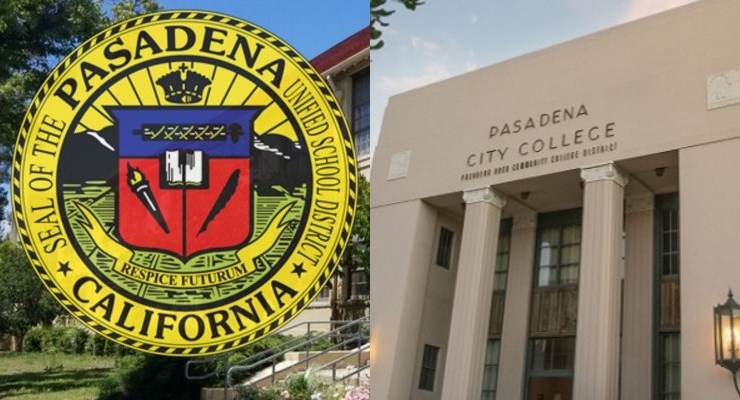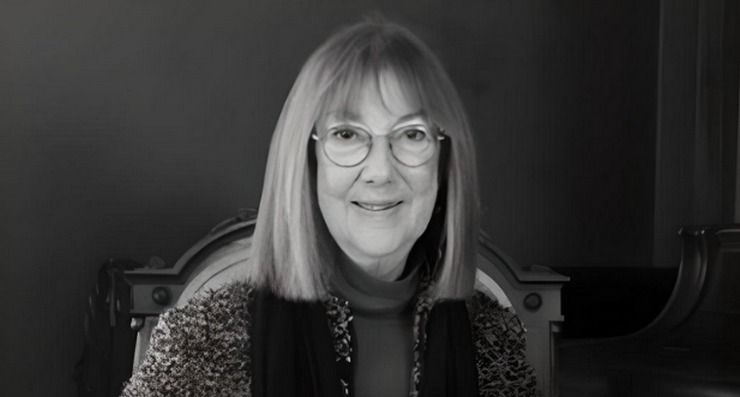In February, the City’s Council’s Municipal Services Committee directed Pasadena Water and Power to carefully study two alternative pipeline routes for its Non-Potable Water Project after West Pasadena residents voiced opposition to the planned route, citing a number of concerns.
Tuesday, representatives from PWP will go before the Committee to say the Department has completed those additional analyses and is sticking with its original recommendation as being the best route.
Shari Thomas of Pasadena Water and Power said that following a complete and thorough analysis of other route possibilities, the original route plans continues to be the best option and she hopes the project can now move forward.
The project, as envisioned, would increase Pasadena’s drinkable water supply by ten percent. The plan calls for creating a new, separate non-potable water distribution system to deliver water from three local supply sources, thereby “freeing” up substantial amounts of water for for human consumption.
Construction of a pipeline bringing in non-potable recycled water from Glendale has raised serious angst in the neighborhoods which lie along the pipeline’s planned route.
At the public hearing in February, and at a meeting in the neighborhood before it, residents expressed concerns about construction damage to existing trees and the temporary issues of noise, traffic, dust and limited access to properties along the pipeline route during construction of Phase 1 of the Project.
“We had a contractor / consultant that went through on site. He went down both alternative route streets, did an analysis on additional costs, additional time that it would take,” Thomas said.
He also did an analysis on what other impacts there might be, Thomas said.
A staff report, written by Interim General Manager Gurcharan S. Bawa, said the evaluation indicated that the approved route was superior to the alternates mainly in terms of cost and project duration.
Phase 1 of the Project includes approximately five miles of new 20-inch diameter pipeline, installed below ground beginning at Scholl Canyon Landfill in Glendale to the West, Bawa said in the report.
Thomas said the alternative routes were longer and will take more time to construct and cost more. She said several routes were considered in the planning stages but were eliminated for one reason or another, leaving the original route already proposed.
The evaluation concluded that, taking into account overall construction challenges, change order risk, operations and maintenance cost, capital costs, and risk of schedule delay and loss of funding, the Approved routes are superior to the Alternative routes, the report from Bawa said.
Bawa also said not only is the original approved route the better choice financially and in terms of completion time, but further delays may threaten funding opportunities. State funds are available on a first-come first served basis.
“Continuing to move the Project forward with the Approved routes will maintain PWP’s position in the funding queue and therefore increase the chance of securing the grant funding and the low interest loans from the State,” Bawa said in the report.
Thomas said if the Committee approves the recommendation, the project is ready to move forward.
“The next step would be to go into affected communities and have a well thought out discussion with them on what it means and why decisions and recommendations were made,” she said.














 0 comments
0 comments



